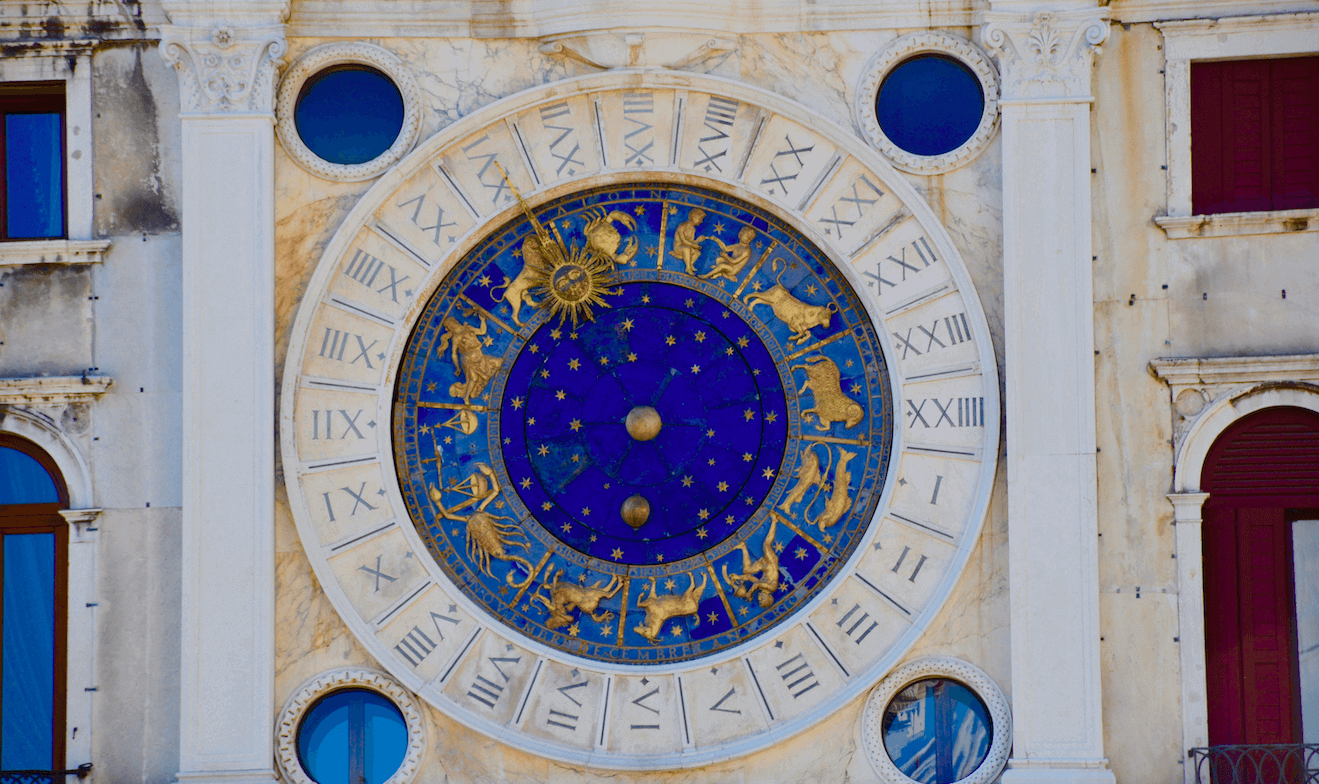The fault isn’t in our stars: astrology in uncertain times
Astrology tends to get a bad reputation in modern mainstream media. Most people associate it with teenage sleepover parties or dentist waiting rooms. Yet, for most of recorded history astrology was considered a scientific practice that was extremely important in many aspects of life, from determining the heir to the throne to explaining disease.
Trying to ascertain the future through the study of astrological events is an incredibly old method by which people have tried to gain some control over their lives, particularly in uncertain times. The practice of astrology goes back to ancient Babylon, and it grew in popularity across both the Western and Islamic worlds. Many advancements in astronomy came about because astrologers needed very accurate information about the movements of stars and planets to make predictions about them.
Astrology is often described as being thousands of years old which adds some distance to it, but it was seen as a real science until much more recently than that. In the 16th century, when the new disease of syphilis suddenly struck Europe, one of the major explanations for it was that it was because of a conjunction of the planets. Astrology only really lost its significance within Europe in the late 17th century. To people of Shakespeare’s time, the idea of “star crossed lovers” wasn’t just a metaphor. It was genuinely believed that the stars could control your destiny.
Finding reassurance in the alignments of the planets is a natural and human response
People love to say that astrology is fake, but that’s not completely accurate. Astrology isn’t scientific, and it can’t predict future events, but astrology “isn’t real” in the same way that wrestling “isn’t real”. Let me explain. Wrestling isn’t classed as a competitive sport, because the matches are predetermined, but that doesn’t mean it isn’t enjoyable to watch it and wonder who is going to win.
Even if deep down you know that following the advice from an astrological prediction isn’t going to fix your life, you can still connect to a description about yourself, and wonder if following it is going to change anything.
For what it’s worth – horoscopes don’t tend to give bad advice. They make statements like “be more assertive in your career” or “put more time into your love life.” Sometimes it’s good to be reminded of the things you can do for yourself to improve your life, even if it’s through non-specific statements from a magazine. A lot of people find it difficult to have confidence in their decisions, particularly when it comes to what they should be doing with their life. Finding reassurance in the alignments of the planets is a natural and human response.
There are thousands of things that make us who we are
Besides, there is a lot of truth to the fact that people born at different times of the year are going to have slightly different personalities. American Football players are disproportionately born in January and February, supposedly because children born in the early part of the year develop more quickly. Children born closer to September generally do better academically, because they’re older than the other children in their class at school.
Until extremely recently, people only ate whatever food was in season, and whatever vegetables were growing at that time of year. Different nutrients being available when a child is developing may well have caused differences in brain growth that led to different personalities. There are thousands of things that make us who we are, and even biologists and geneticists struggle to pick them apart and find out what exactly causes what.
With the current global pandemic, there’s a lot of uncertainty in the world and there’s also a lot of bad science. Horoscopes are not supposed to be science, they’re supposed to be vague but hopeful predictions, and that’s something that many people need right now. After all, I think there is something comforting about looking up at the same stars that human beings have looked at for thousands of years and wondering what they mean.

Comments